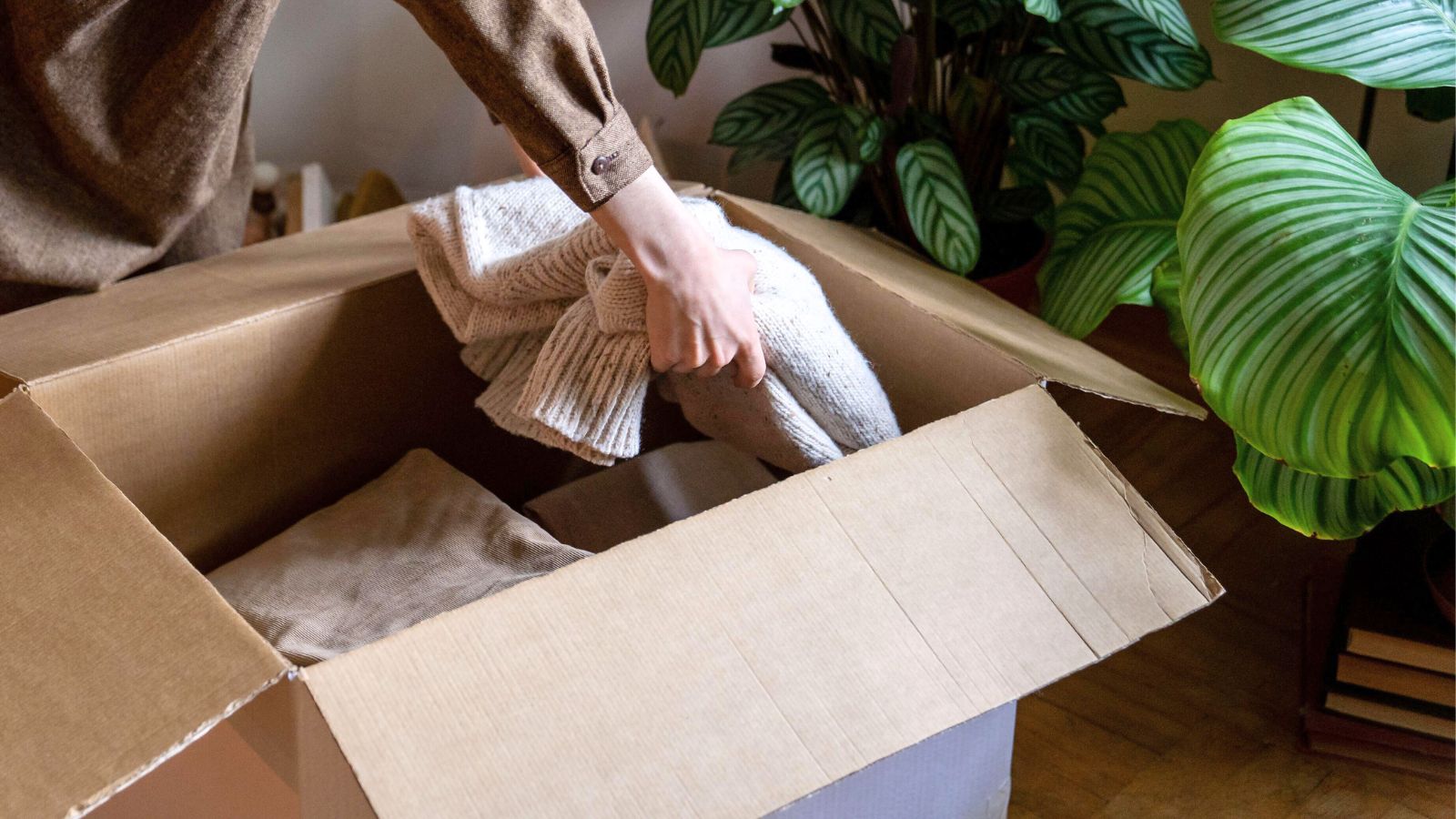
Decluttering a home is one of those home tasks that is easier said than done and deciding what to get rid of can be exhausting – so how do you decide what to declutter?
Although there are plenty of decluttering tips to help you through the process of actually getting things out of your home, knowing which items you can let go of while avoiding decluttering regret is one of the most common reasons for giving up.
So, we asked professional home organizers to share their process for deciding what to declutter to help make the process easier.
How to decide what to declutter
Going into household decluttering with some idea of what to get rid of is a great way to help avoid decluttering when you feel overwhelmed, as you can create a more detailed decluttering checklist than listing off the areas of your home you have to work on.
This is what the experts always suggest letting go of:
1. Is it empty, used up, or expired?
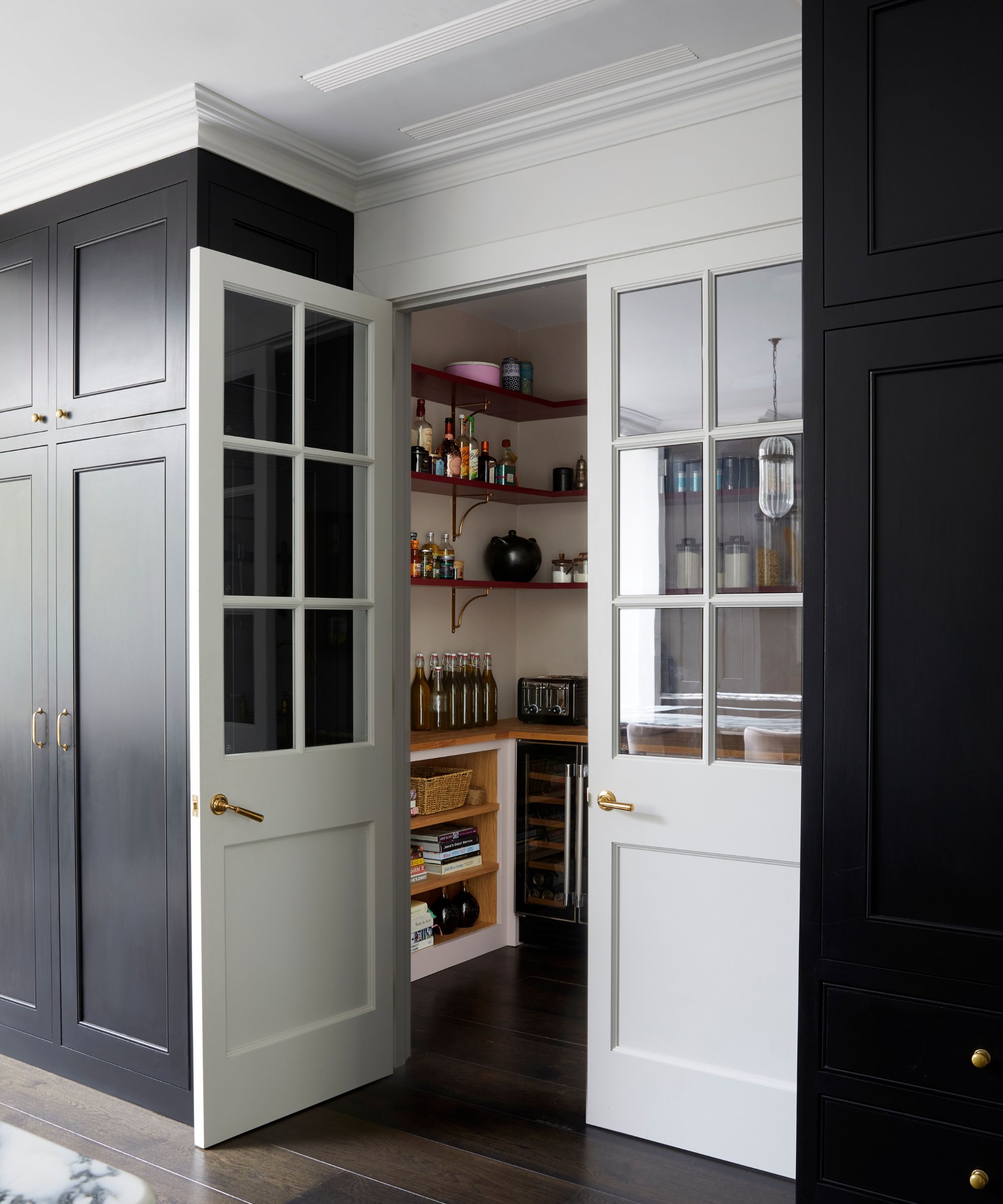
When starting out decluttering your home, it can help to get into the swing of things by performing an ‘easy sweep’, suggests Catherine Hamilton-Cooper, professional declutterer, organizer, and founder of Declutterbird. This involves getting rid of any trash such as wrappers and empty product bottles, expired food and beauty goods, and broken items – these are all items that you have no emotional attachment to.
‘This can really help to clear your space quickly and without any decision fatigue.’
2. Is it an ‘ornamental aspiration’ item?
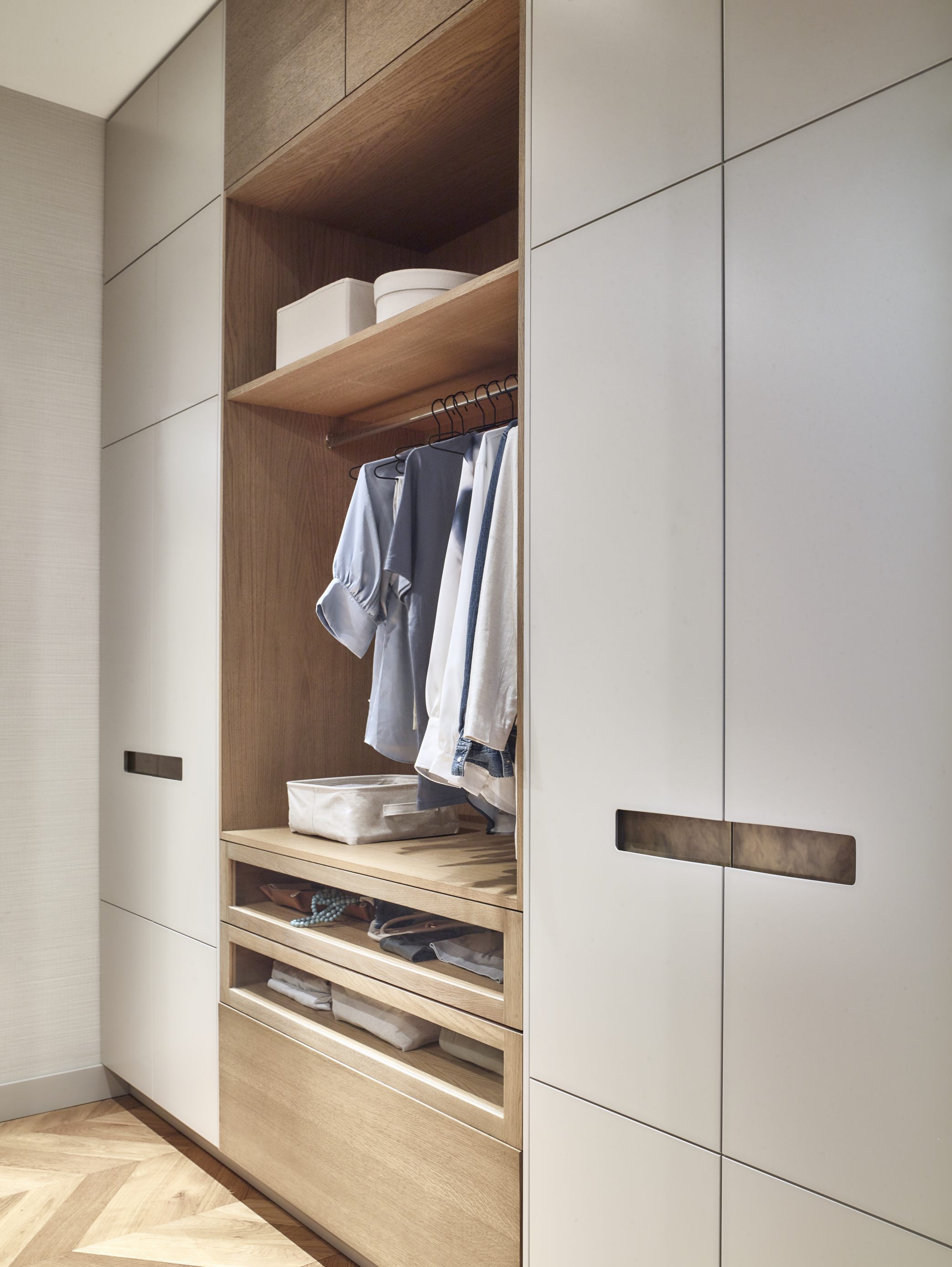
Whether decluttering a closet, decluttering a kitchen, or working through our home offices, we are all guilty of passing over pieces Catherine Hamilton-Cooper, a professional declutterer likes to call ‘ornamental aspiration’ items – a prime contender for decluttering.
‘An “ornamental aspirational” item is all those items you have bought, that you want your future self to use. However, the reality is that these items have sat around your home unused and taking up valuable space,’ Catherine explains.
‘Have you bought fitness items for your future self, a ream of craft supplies for your new plan of making greeting cards, or a bread maker planning on making your own bread?
‘You initially promised yourself that you were going to use these items regularly, but the reality is they have never been or rarely been used and now sit prettily on your shelves gathering dust? They likely won’t make you feel great when you see them still sitting about unused. Be honest with yourself, and let go of any guilt from not using the items, and if ready, let them go.’
3. When did you use it last?
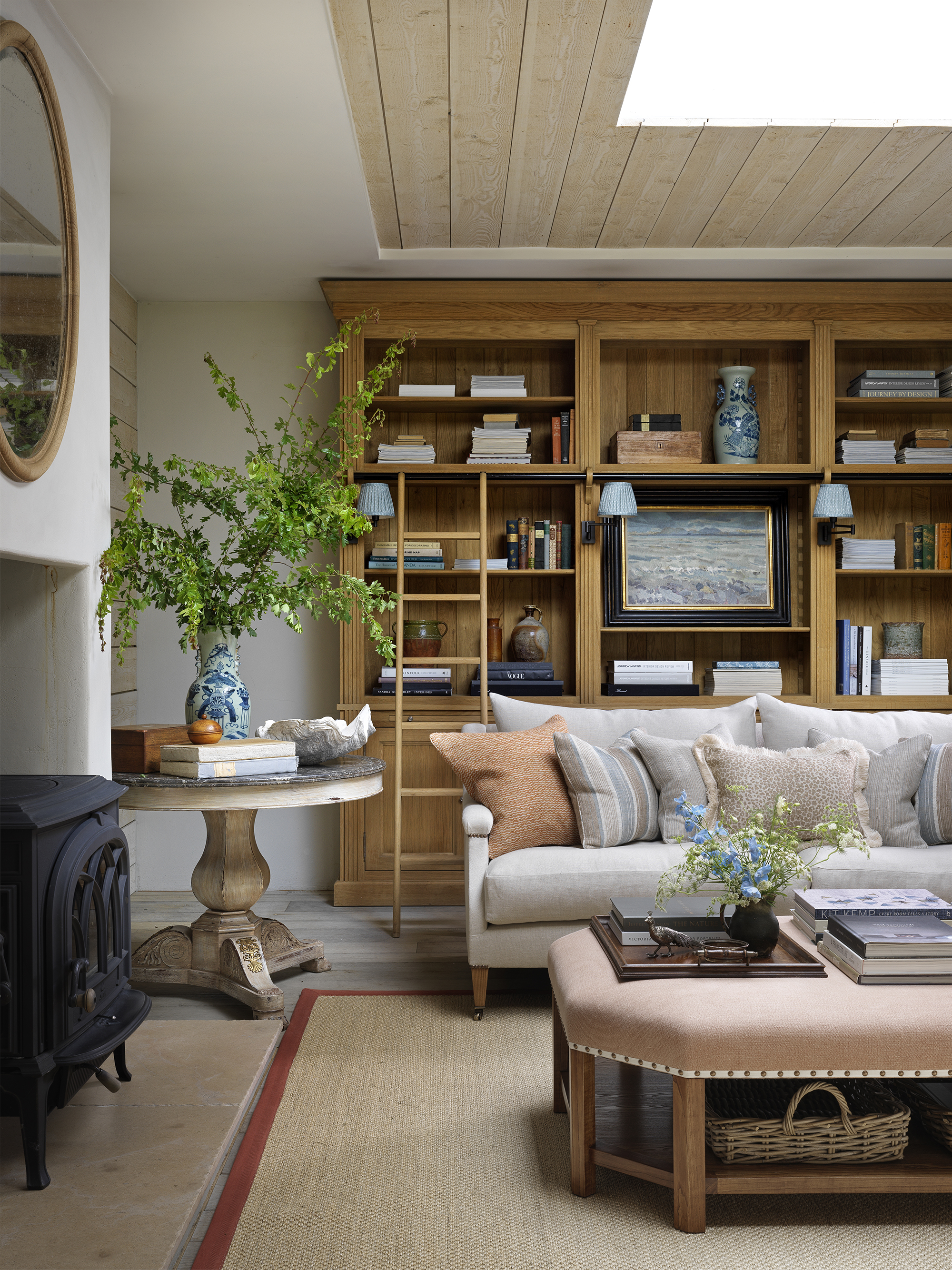
When deciding what to declutter, it can help to try and think logically, rather than emotionally, and assess the practicality of the item by asking yourself the five decluttering questions, such as, do you use it, need it, or love it, says Nathaly Vieria, cleaning expert and founder of InspireClean.
‘Ask yourself if the item has a specific purpose or job. If it doesn’t, or if the item isn’t currently in use, then you don’t need it and should consider getting rid of it. For instance; if you have a stack of books that you haven’t read in years, it’s time to let them go.’
4. Does it really spark joy?

To follow in Marie-Kondo’s footsteps, it can help to ask yourself if an item sparks joy for you as a way of deciding what to declutter.
‘Many people have trouble with the concept of things that spark joy and how to know if an item sparks joy. To simplify, it's things that make you happy, things that you love,’ explains Amélie Saint-Jacques, professional organizer and founder of Amélie Organzies. ‘This can change over your life, like a dress that used to fit you and you used to love, but doesn't fit anymore. Maybe now whenever you see it, it actually brings up negative feelings (like sadness or guilt that your body has changed). In that case, it's better to donate or sell the dress, since not only is it not being used, but it no longer actually makes you happy.
‘This is a great alternative approach to getting rid of things you simply don't use anymore, as it allows you to keep hold of sentimental items, like a wedding dress, for instance, that while you don't use anymore still brings you joy. These can be stored safely somewhere other than your closet.’
5. Is it a duplicate?
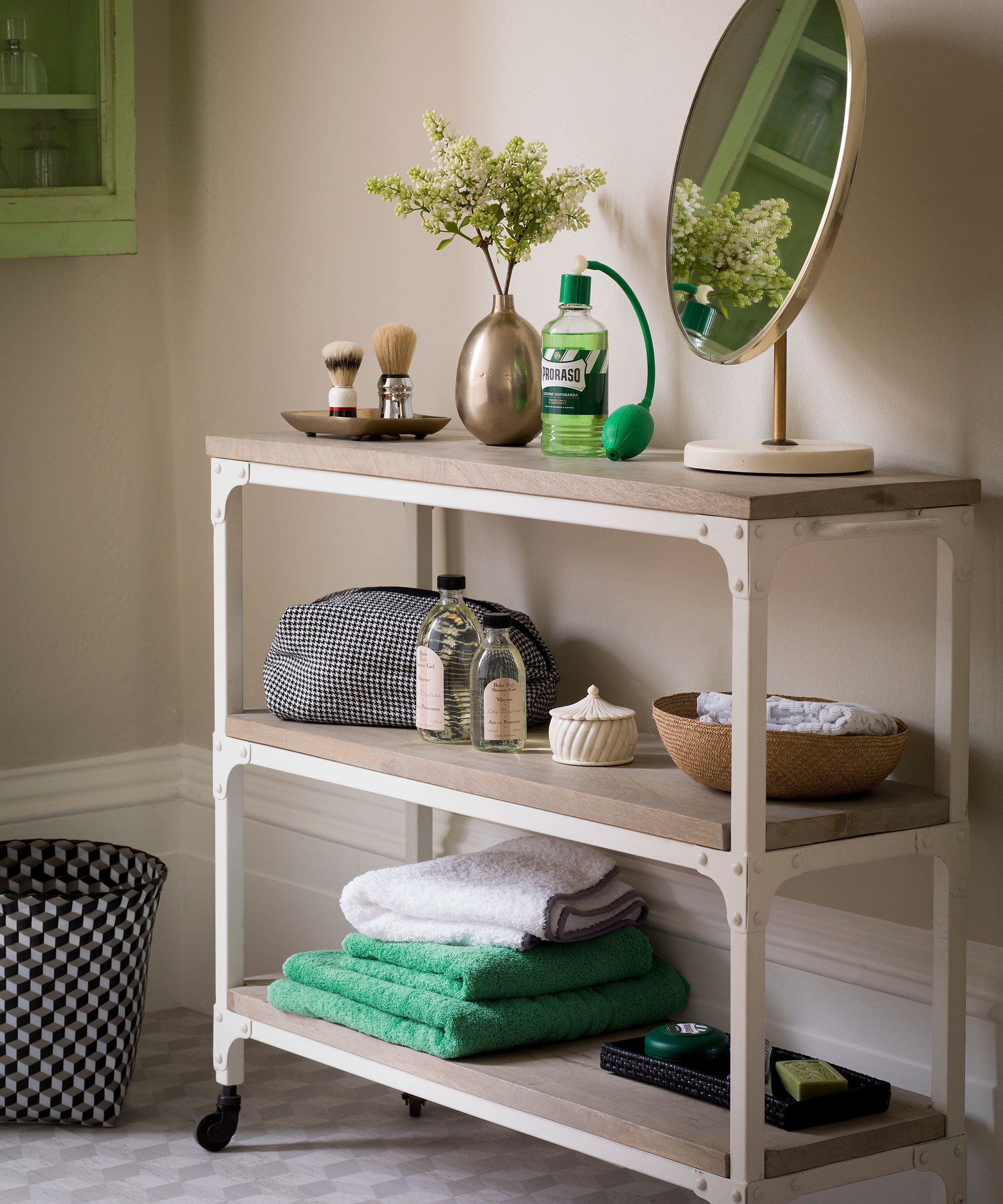
One of the main sources of clutter in a home is duplicates of things we already have that we have replaced without getting rid of an older version, or bought before the other item was fully used up. Catherine Hamilton-Cooper, the professional organizer, recommends these as a simple category to declutter when cleaning a home.
‘Keep in mind quality over quantity when decluttering, and really think about whether you need duplicates of items. Do you really need to keep multiples of the same item? Perhaps you only need to keep one spare and the rest can go? Overbuying can be so tempting, particularly if items are massively reduced, but be careful as often bargains can become a burden,’ she warns.
This isn't a time for decluttering without throwing away – combine half-open products together in one container when safe to do so (shampoo and other shower products, for instance) and throw out the empty duplicate.
6. Does it all fit easily into existing storage?
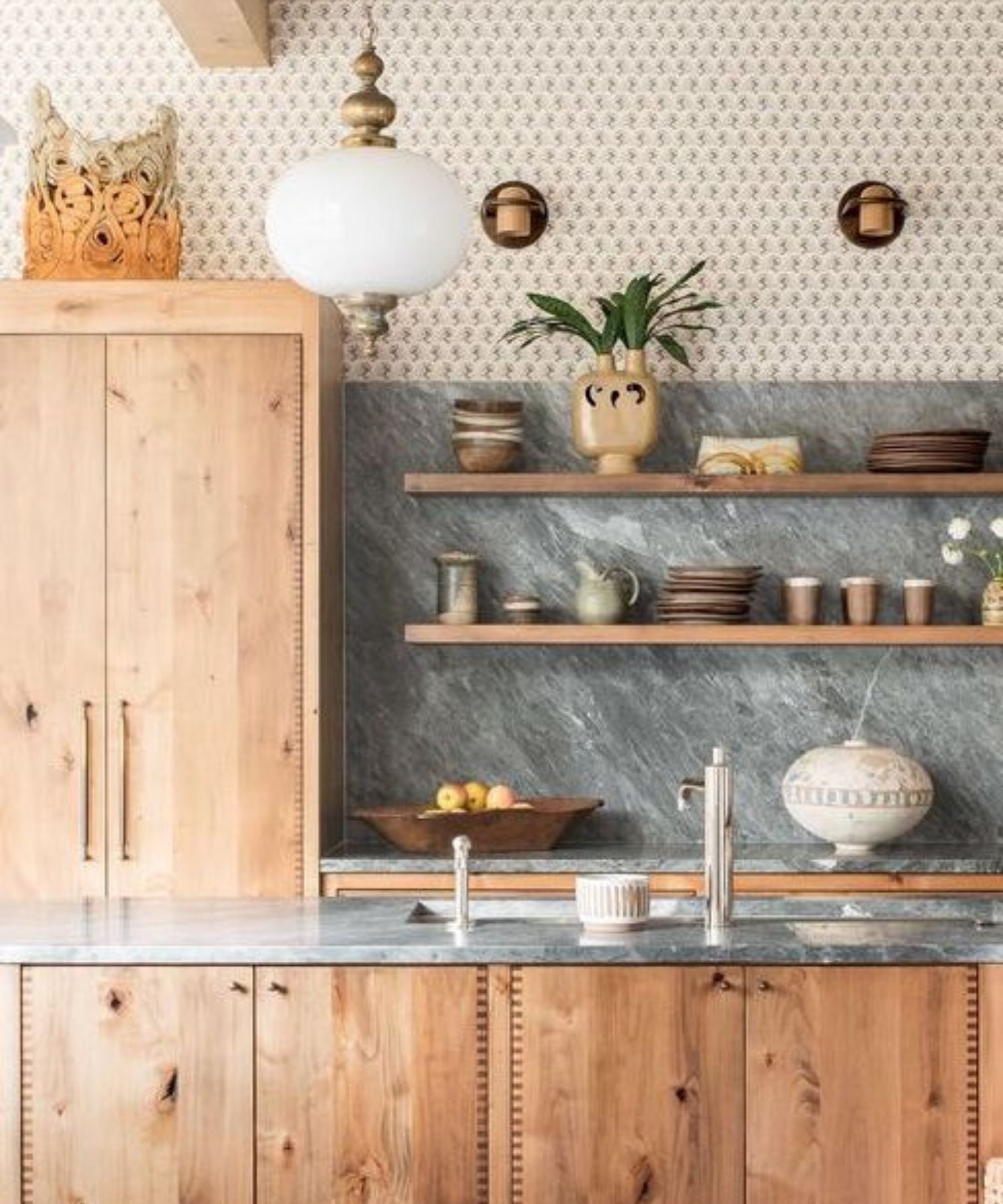
Another fantastic way to decide what to declutter is to look at your household storage and find what is overflowing. Try reorganizing the space – if you still can't get things to fit, then you have found some prime candidates for decluttering.
‘It's important to keep your own situation in mind. By this, I mean that if you have a tiny closet, you simply cannot keep a lot of clothes – a capsule wardrobe will serve you better, begins Amélie Saint-Jacques, professional organizer. ‘Likewise, if you have small children, you just accept that in this season of your life, you will have a stroller taking up space near the front door (because it's a need), but that's not forever – only until it is outgrown.
You can, however, set limits on how many toys you keep, for instance (especially the big ones that take up so much room), or decide to only keep as many books as fit in the bookcase.’
7. Does it bring you closer to your current goals?
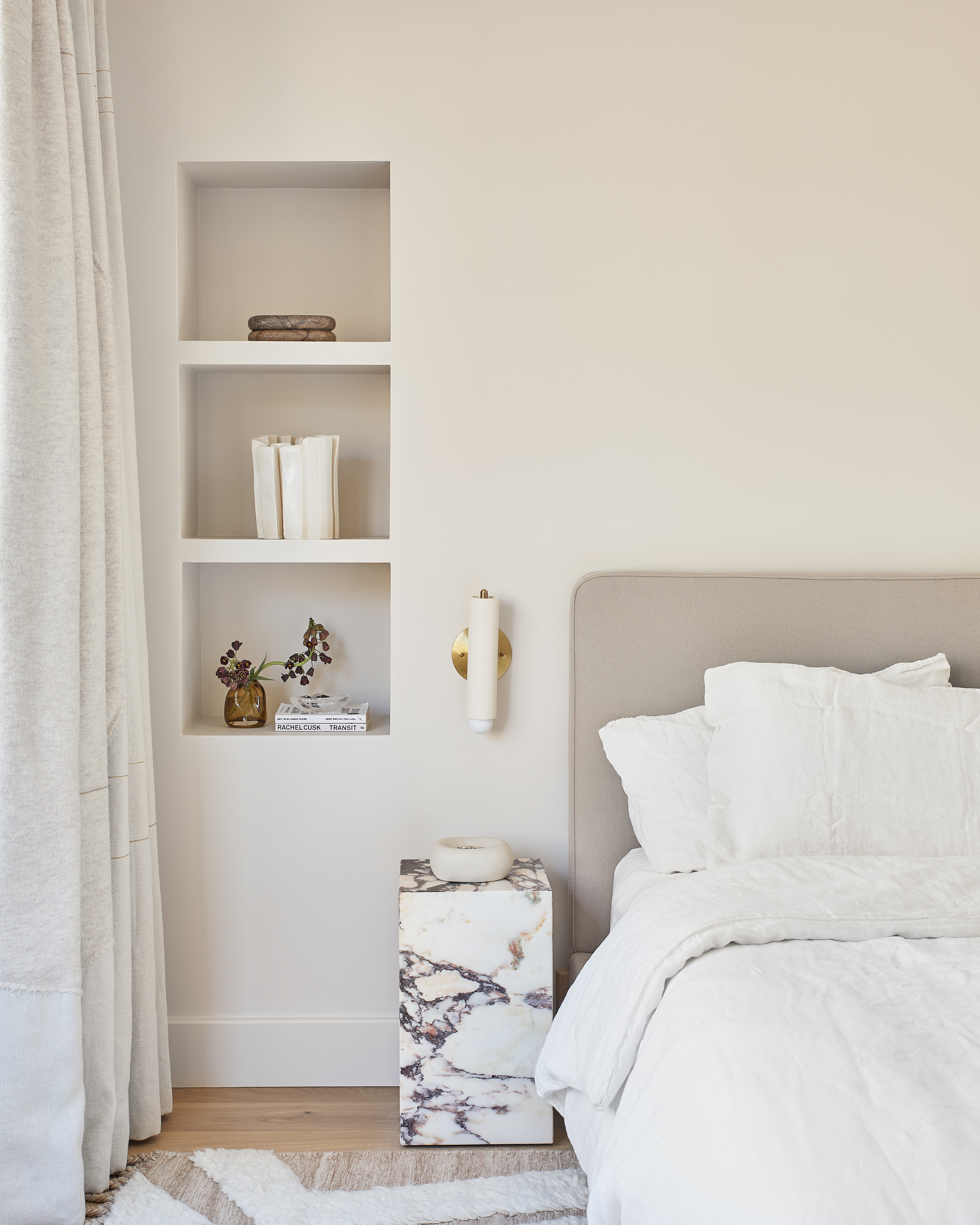
Decluttering your home ties into both your life goals, and your interior design goals, and the pieces you decide to keep need to bring you closer to achieving these, advises Jill Viglione, CPO-certified professional organizer and founder of Embrace your Space.
‘If you want a streamlined and balanced home, the item should work with your vision. Ask yourself if the item is serving you, if you truly love it, and if you use it. If the answer is “no” to any of these questions, it may be time to donate the item or pass it on to family or friends. Every item in your home should mean something to you, or be something you use on a regular basis. Surround yourself with things that you love and use.’
8. Are you rationalizing keeping the item with a ‘what if?’
When deciding what to declutter and what to keep, it can be common to start off down a path of thinking ‘what if’, but this is a dangerous zone, says Theresa Russell, home organizer, therapist, and founder of Homegirl Space.
‘Thinking what if means you are most likely attempting to talk yourself into needing it when you really do not,’ she says. ‘It is time to let go. If that what-if moment arises in the future, you can always buy something new.’
FAQs
What should you not declutter from your home?
When decluttering your home, it is a good idea to avoid decluttering incredibly sentimental items such as physical photos and important life documents that have not yet been digitized. You should always check inside boxes and bins before tossing them out to check for these essential items, even if you are sure they won't be in there – you never know what has ended up under a pile of trash.
What is the five-year rule for decluttering?
The five-year rule is a great decluttering method to help you decide what to get rid of from your home. The saying goes ‘If it won’t matter in five years, don't spend five minutes thinking about it,’ and it can be applied to throwing out unimportant collections, home decor, and life admin to make decluttering your home easier.
Working out what to declutter using these professionals' logical systems is a great precursor to organizing your home, ensuring that what you have left after a clearout is practical, joyful, and right for you and your household.







